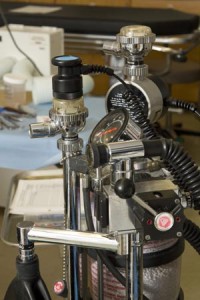The purpose of the safety pharmacology core battery is to investigate the effects of a test substance on vital functions. In this regard, the cardiovascular, respiratory, and central nervous systems are usually considered the vital organ systems that should be studied in the core battery.
At CARE we offer studies in the following areas:
- Central Nervous System
Effects of the test substance on the central nervous system should be assessed appropriately. Motor activity, behavioral changes, coordination, sensory/motor reflex responses and body temperature should be evaluated. For example, a functional observation battery (FOB), modified Irwin’s, or other appropriate test can be used. - Cardiovascular System
Effects of the test substance on the cardiovascular system should be assessed appropriately. Blood pressure, heart rate, and the electrocardiogram should be evaluated. In vivo including methods for repolarization and conductance abnormalities, should also be considered - Respiratory System
Effects of the test substance on the respiratory system should be assessed appropriately. Respiratory rate and other measures of respiratory function (e.g., tidal volume or hemoglobin oxygen saturation) should be evaluated. Clinical observation of animals is generally not adequate to assess respiratory function, and thus these parameters should be quantified by using appropriate methodologies


